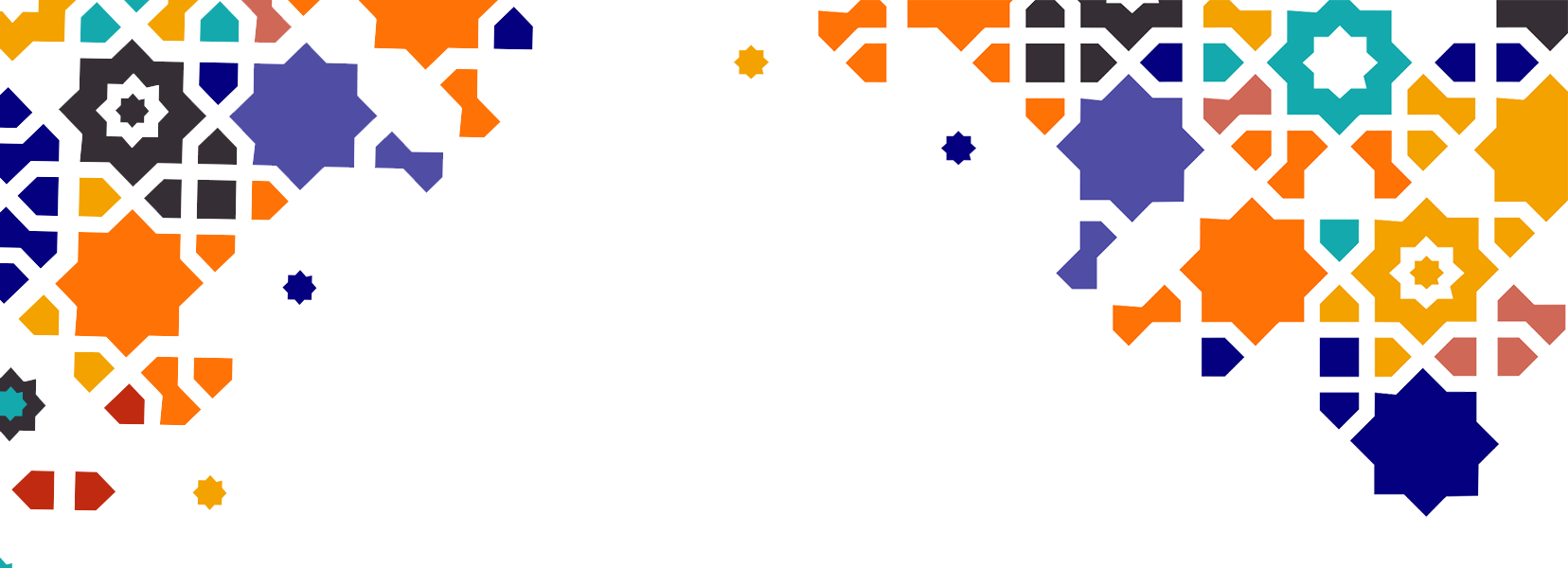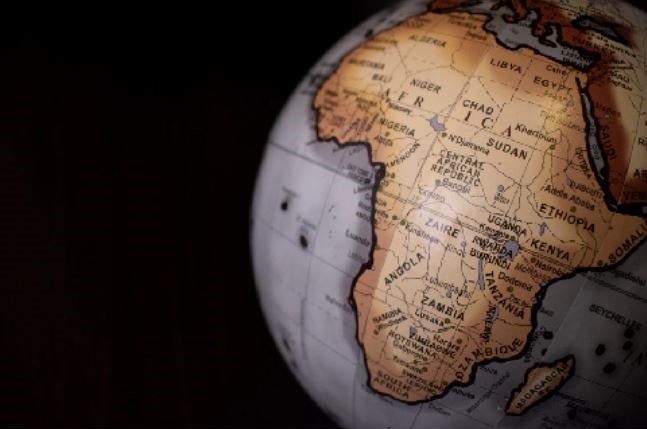
Israel and Africa : From Historical Roots to a Key Geo-Economic Alliance

1960 – 1980 : The Genesis of a Strategic Partnership
Long before the Abraham Accords of 2020, the 1960s marked a pivotal era for Israel-Africa relations. In 1969, thirty-two newly independent African states welcomed Israel by establishing embassies, laying the groundwork for economic and diplomatic engagements. Between 1958 and 1970, Israeli training centres hosted nearly 6,000 African professionals in various fields, including public administration and agriculture. By 1972, Israel's exports to Africa had reached $37.4 million, with imports at $20.4 million.
The 1977 visit of Egyptian President Anwar Sadat to Jerusalem further solidified these ties, culminating in the 1979 peace treaty and a subsequent doubling of Israeli exports to Africa by 1979. In 1984, Zaire (now the DRC) and Liberia hosted Israeli President Chaim Herzog, underscoring the deepening relations.
Israeli aid operates on multiple levels. It encompasses infrastructure — with the company Solel Boneh active in Nigeria and Ghana — as well as military equipment (training and supervision in Ethiopia, Uganda, Kenya, and Tanzania before 1971). But it is in the field of precision agriculture that this cooperation has proven particularly innovative.
Israeli High-Tech : Enhancing Agricultural Yields and Securing Digital Frontiers
Agriculture :
Israeli innovation in agriculture has been transformative. Companies like Netafim pioneered drip irrigation systems, revolutionising water-efficient farming. By 2014, African sales of Netafim's systems accounted for $100 million of its $800 million global revenue. These technologies have been instrumental in regions facing water scarcity, enabling sustainable agricultural practices across Africa.
Cybersecurity :
As agricultural ties grow stronger, another form of cooperation is flourishing between Israel and Africa: cybersecurity. Morocco has become the first anchor point of this strategy, with the establishment of Check Point Software Technologies (CPS) in Casablanca. Listed on the Nasdaq, the Israeli company provides advanced digital protection solutions.
Ghana is following a similar path. At the Chief Information Security Officers Summit held in Accra in April 2025, Israeli ambassador Roey Gilad called for strengthened collaboration between governments and businesses to curb cyber threats. This partnership traces back to agreements signed as early as 2020 between Ursula Owusu-Ekuful, then Ghana’s Minister of Communications, and Israeli authorities. Israel committed to sharing its expertise in telecommunications and cybersecurity, at a time when Ghana was facing direct losses estimated at nearly 50 million cedis in just the first half of 2023.
Israel — whose cyber sector attracted $3.8 billion in investment in 2024, accounting for 36% of the country’s tech investments — sees these African alliances as both a new growth driver and a testing ground for its most advanced technologies.
Future Partnerships : Israeli Engineering at the Heart of Congolese Development
One of the most promising partnerships is the one taking shape between Israel and the Democratic Republic of Congo (DRC). In September 2023, during the 78th UN General Assembly, President Félix Tshisekedi and the Israeli Prime Minister announced the relocation of the Congolese embassy to Jerusalem — a strong diplomatic gesture — in exchange for the opening of an Israeli embassy in Kinshasa. This rapprochement marks the beginning of a new era of bilateral cooperation in key sectors: infrastructure, agriculture, security, and cybersecurity.
Israel, a country with scarce natural resources and limited water supply, is leveraging its technical expertise to support the DRC. The Mashav agency, Israel’s arm for international cooperation, plays a key role by offering training in a wide range of areas, from irrigation techniques to public sector management.
In the field of security, the DRC could benefit from the experience of Israeli companies that have been active on the continent for decades. The MER Group, for instance, has been operating in Kinshasa since 2006 and specializes in electronic security and telecommunications. Israel, which has collaborated with Cameroon since the 1990s in electronically monitoring presidential palaces, could replicate this model in the DRC at Kinshasa’s request.
Tel Aviv-Khartoum : Revitalising a Strategic Proximity
Although relations between Israel and the African continent have at times experienced periods of withdrawal, recent signals from Sudan suggest a diplomatic thaw filled with hope. Two years after the chaos unleashed by the civil war, a Sudanese envoy is believed to have quietly visited Israel in 2025 to revive discussions around the Abraham Accords, which had been suspended following the 2021 military coup. Amid a deepening humanitarian crisis, this renewed dialogue could pave the way for pragmatic cooperation — particularly in the areas of humanitarian aid, security, and agricultural development. With its technological expertise, Israel has the potential to become a key partner in Sudan’s reconstruction, as well as a contributor to regional stability.
Sources :
ACP - RDC / Israel : promoting agriculture, a national development priority.
Cyber Security Mag - Anti-cybercrime strategy and Ghana–Israel cooperation
Emmanuel Navon - The Star and the Scepter : A Diplomatic History of Israel
Ghana Business News - collaboration is key to enhancing digital israeli ambassador
Ifri - What should we take away from the Netanyahu decade ?
Jeune Afrique - Economy & Business : The Rush to Morocco by Israeli Cybersecurity Firms
Time Of Israel - Israeli Technology Serving East Africa
TV5 Monde -Africa : What’s Driving the Closer Ties Between Israel and the DRC ?

